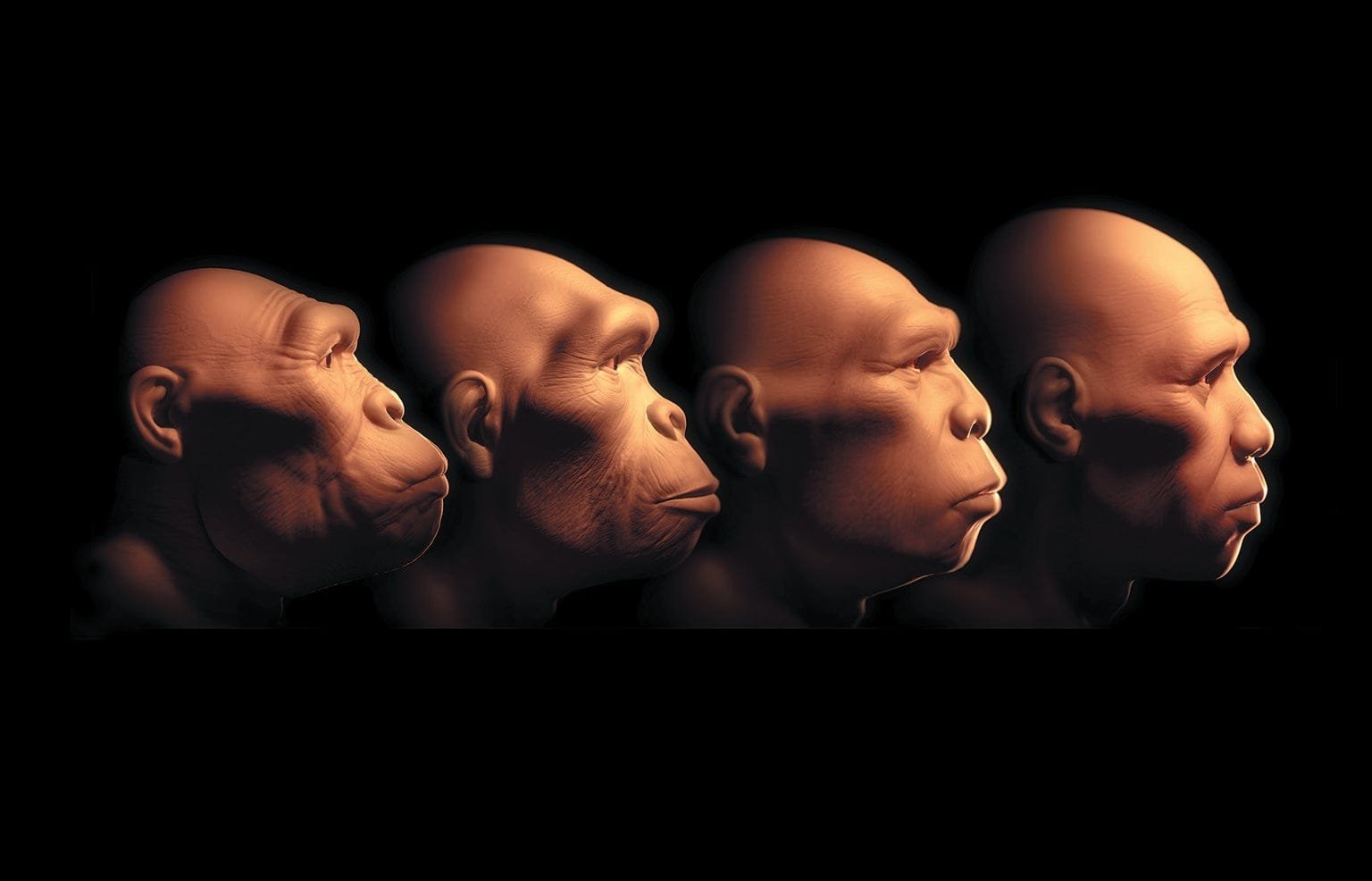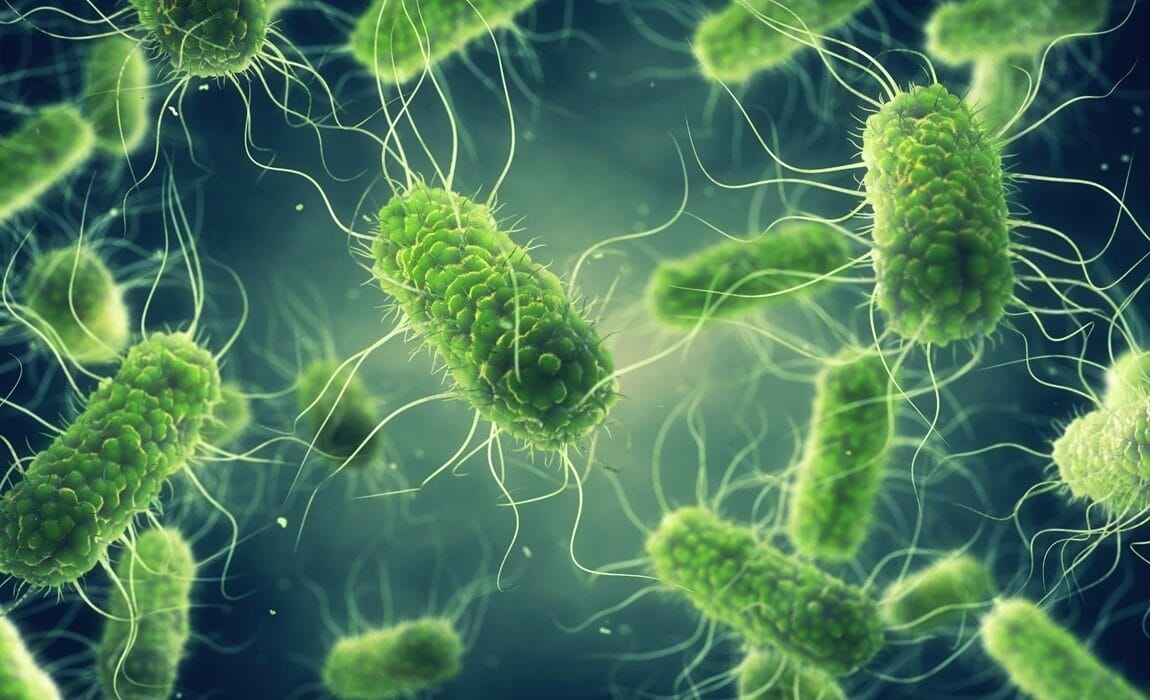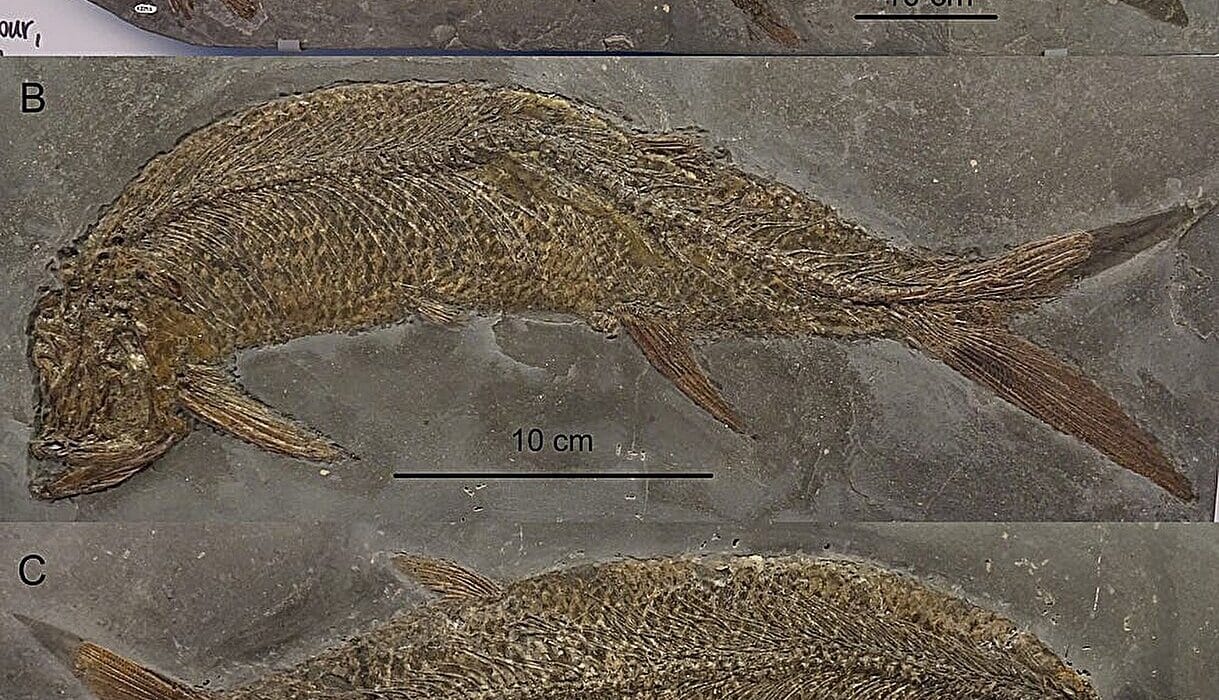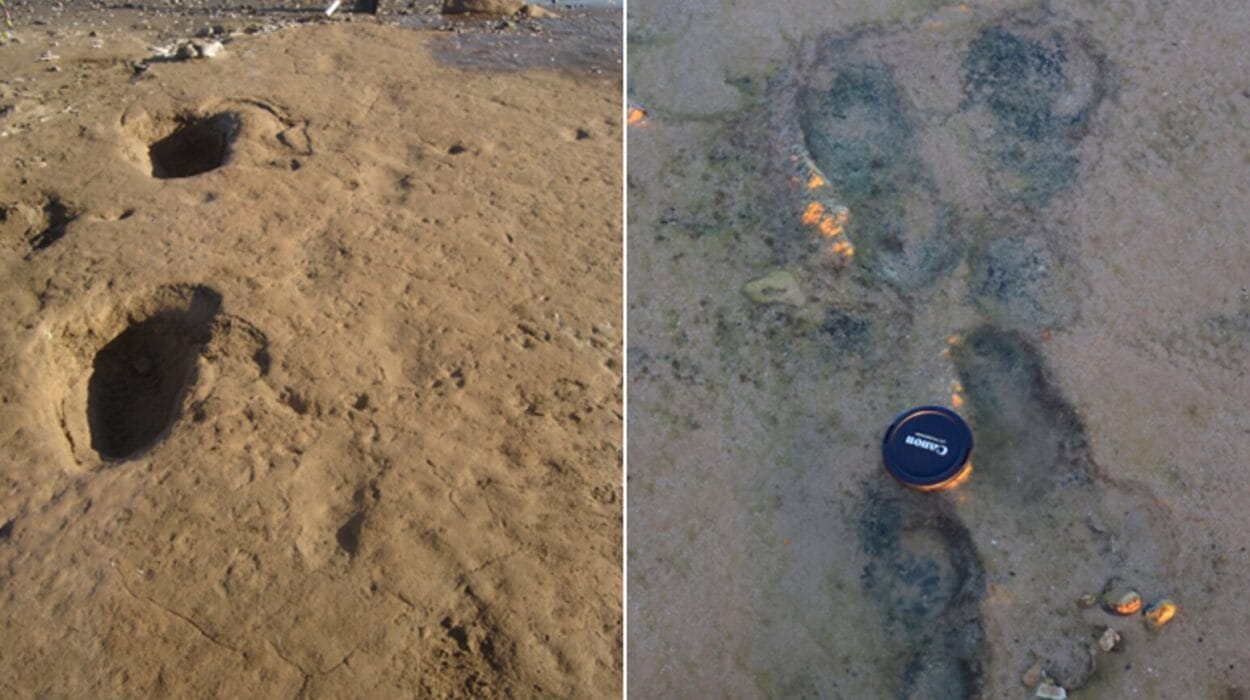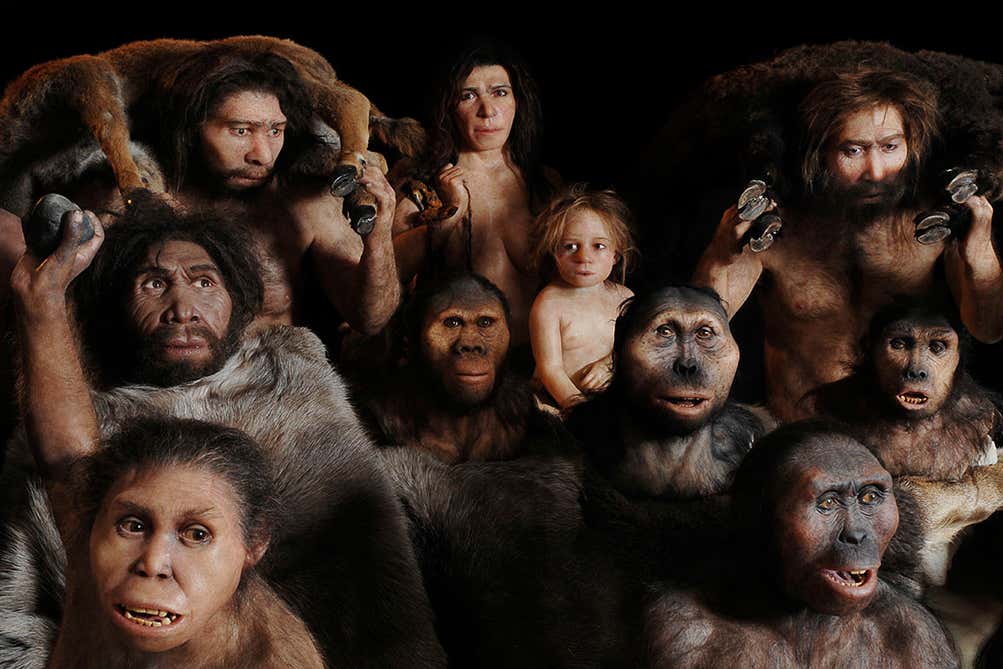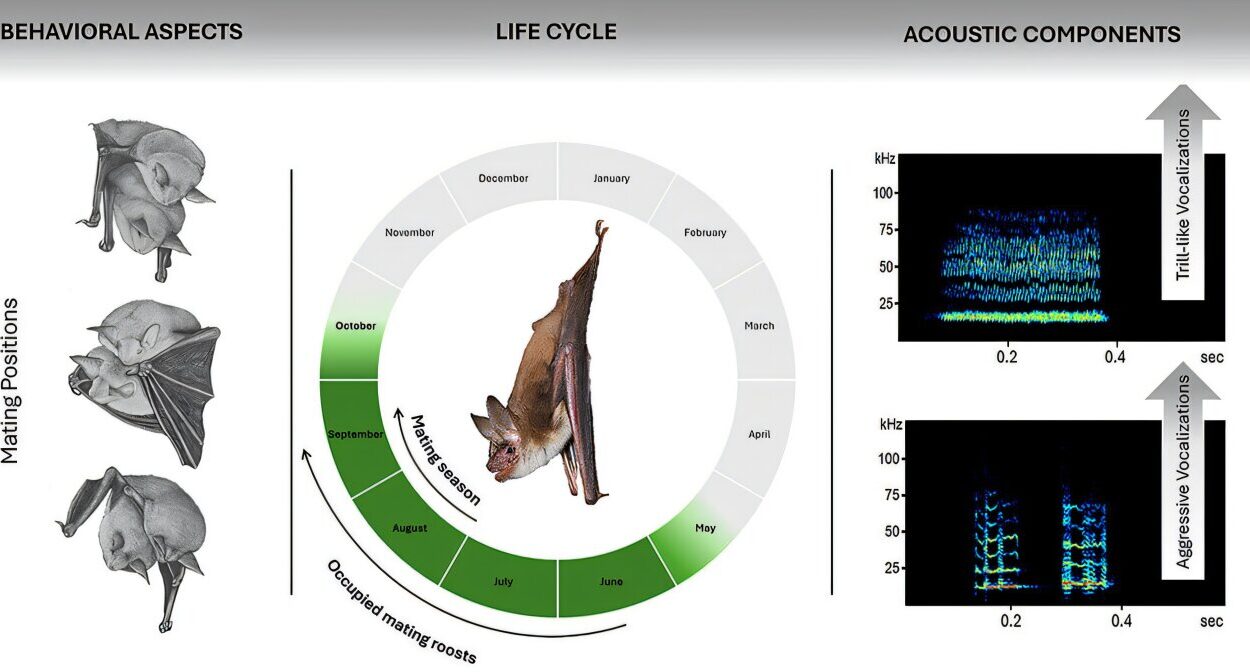Evolution never sleeps. For over 3.5 billion years, life has adapted, morphed, risen, and vanished across this planet, sculpted by natural selection, mutations, chance, and catastrophe. It is not a tale with a clear beginning or end. It is a storm of change with no final destination—until now. For the first time in Earth’s history, one species has become aware of evolution—and is now shaping it.
That species, of course, is us. Homo sapiens.
We are not just another chapter in evolution’s long story. We are turning the page entirely. From the moment we began using tools, shaping our environment, and controlling fire, we started editing the rules of natural selection. Now, with genetic engineering, artificial intelligence, space colonization, and even synthetic life on the horizon, we are not merely evolving—we are becoming the architects of evolution itself.
The question is no longer whether humans will evolve. The question is how. And whether we’ll remain human at all.
Natural Selection in a Technological World
Darwin’s great insight—that nature selects traits favorable for survival and reproduction—is still true. But the pressures that once drove human evolution have changed. In the past, environmental factors like climate, predators, disease, and food scarcity filtered the gene pool. Those born with helpful traits survived to reproduce. The rest were left behind.
But in a world where antibiotics conquer disease, airplanes cross continents, and glasses correct poor vision, many of those selective pressures have been softened or removed. Traits that would once be fatal are now manageable. Evolution is still happening—but it’s no longer following the same path.
Humans have started to live beyond the immediate reach of nature. That doesn’t mean evolution has stopped; rather, the game board has been replaced. Social structures, culture, and technology now serve as primary forces of selection. In some cases, we’re selecting for intelligence, beauty, or even certain psychological traits like ambition and risk-taking. But in others, selection has been replaced by modification.
We no longer just pass on our genes. We’re learning to edit them.
CRISPR and the Dawn of Genetic Control
In 2012, something extraordinary happened. A simple bacterial defense mechanism, known as CRISPR-Cas9, was reimagined as a revolutionary gene-editing tool. It gave scientists the ability to precisely cut, modify, and insert genetic sequences—like editing sentences in the book of life.
For the first time, evolution was no longer blind. It could be directed.
The implications are staggering. Genetic diseases like cystic fibrosis, Huntington’s, or muscular dystrophy could be corrected before birth. Traits like muscle growth, intelligence, height, or even resistance to radiation could be enhanced in embryos. The line between therapy and enhancement is already blurring.
In 2018, the world was stunned when Chinese scientist He Jiankui announced the birth of twin girls whose genomes had been edited using CRISPR to make them resistant to HIV. The announcement was met with outrage and concern—but it was a glimpse into the near future.
We are entering an era where evolution is no longer just about survival of the fittest. It may soon become survival of the most edited.
The Post-Human Possibility
What happens when we can sculpt our children’s DNA with precision? When intelligence, empathy, physical strength, or even appearance can be chosen?
The consequences may fracture society. A future in which some children are born with genetic enhancements while others are not could create an evolutionary divide more dramatic than anything seen in history. Evolution may split humanity—not by geography or culture, but by biology.
Some thinkers warn of the rise of “post-human” elites—genetically engineered superhumans whose capabilities vastly outstrip the unedited majority. Others imagine a gradual blending, where human enhancement becomes as normalized as vaccines or cosmetic surgery.
Still, the changes may not stop at the genetic level. We are not just rewriting DNA—we’re fusing biology with machine.
Merging Flesh with Silicon
For decades, humans have imagined machines as separate from us. But what if that boundary disappears?
Already, neural implants like Elon Musk’s Neuralink are testing brain-computer interfaces that allow the brain to send and receive digital information. Paralysis may be bypassed. Memory may be enhanced. Thoughts may one day be shared, not with speech, but with instant mental transmission.
As artificial intelligence grows more powerful, the temptation to merge with it will rise. Who wouldn’t want access to vast databases of knowledge in real time? To boost cognitive processing? To slow aging or prevent dementia?
We may evolve not just by mutation, but by augmentation. Cyborgs are no longer science fiction. They are prototypes.
Evolution once meant growing a better eye, a stronger limb, or a faster brain. In the future, it may mean uploading consciousness, replacing organs with synthetic parts, or transferring the self into a digital realm entirely.
Will that still be evolution? Or will it be something else?
The Synthetic Genesis
Evolution has always tinkered with existing life. But synthetic biology is changing that, too.
Scientists are already creating minimal genomes—stripped-down DNA codes with only the most essential genes, crafted from scratch. Bacteria with unnatural amino acids. Yeast with synthetic chromosomes. Organisms that never existed in nature but live and grow just the same.
These synthetic lifeforms are not evolved. They are invented.
What happens when we begin creating entire new branches of life? What if future humans don’t evolve from us, but are built by us—from code, from silicon, from reimagined DNA?
The future of evolution may not be about survival at all. It may be about design.
Adapting to Other Worlds
Evolution on Earth has always responded to Earthly conditions. But as humanity begins reaching for the stars, a new frontier of adaptation will emerge.
Mars, with its thin atmosphere, low gravity, and high radiation, is utterly hostile to unmodified humans. Colonizing such places may require biological changes—stronger bones, thicker skin, altered lungs, and resistance to cosmic rays.
These adaptations might come not over millennia of natural selection, but over a single generation through genetic engineering.
Alternatively, we may decide not to change ourselves, but to change the environment—building domed cities, terraforming planets, or constructing virtual worlds where our minds, uploaded into computers, are free from biological needs entirely.
As humans spread beyond Earth, evolution will fracture into local experiments. The Martian human. The asteroid-belt miner. The ocean-dwelling engineered species. Even artificial life may evolve in simulated worlds, guided by algorithms rather than genes.
For the first time, evolution may no longer be planetary. It may be interplanetary—or even interdimensional.
Will Natural Selection Become Obsolete?
If humanity takes full control of genetics, biology, and technology, what happens to natural selection?
Some biologists argue that natural selection will never go away. Even in a future of gene editing and cybernetic bodies, some designs will work better than others. Some will survive. Others will fail. Selection—though perhaps more cultural or technological than biological—will continue.
Others believe we are approaching the end of Darwinian evolution. That once minds can edit genomes, replace failing organs, back up memories, and simulate consciousness, evolution will be whatever we decide it to be.
It raises deep philosophical questions: If we are directing evolution, are we still evolving? Or have we become something else entirely?
The Ethics of Shaping Our Future
The power to evolve deliberately comes with immense responsibility. Should we edit out depression or anxiety if they come with creativity? Should we enhance empathy if it means giving up competitiveness? Should we create beings more intelligent than ourselves?
And who decides?
Evolution has always been impersonal. It had no goals. No morality. No favorites. But now, our choices matter.
Creating new forms of life means accepting new definitions of life. Enhancing intelligence may mean confronting inequality on a level we’ve never seen. Uploading consciousness may mean abandoning death—but also our connection to biology, to family, to nature.
We must ask what it means to be human. What it means to evolve. And whether evolution is a journey toward perfection—or simply change without end.
Back to Earth: Evolution All Around Us
Even as we imagine the stars and rewrite our genes, evolution continues its ancient work on Earth. Viruses mutate. Bacteria resist antibiotics. Animals adapt to cities. Plants evolve in response to climate change.
Humans, too, are still evolving. Our bodies are changing subtly. Wisdom teeth are disappearing. More people are born without certain muscles. Our brains are rewiring in response to screens, social media, and information overload.
The future of evolution is not just in laboratories and distant planets. It is in the air we breathe, the food we eat, the viruses we fight, the choices we make every day.
A Story We Are Writing Together
In the end, evolution’s future is our future. It is a story without a single author. It is being written by scientists and philosophers, artists and engineers, parents and children.
We are its subjects—and now, its narrators.
Whether we end up as digital minds orbiting alien suns, as biologically perfected post-humans walking among synthetic trees, or as resilient humans learning to thrive within Earth’s ever-changing biosphere, the truth remains: evolution will not stop. It may no longer be blind. But it will never be still.
Our future may not be written in stone or in DNA, but in dreams, ethics, and the choices we make today.
We are not the end of evolution. We are its beginning—again.
